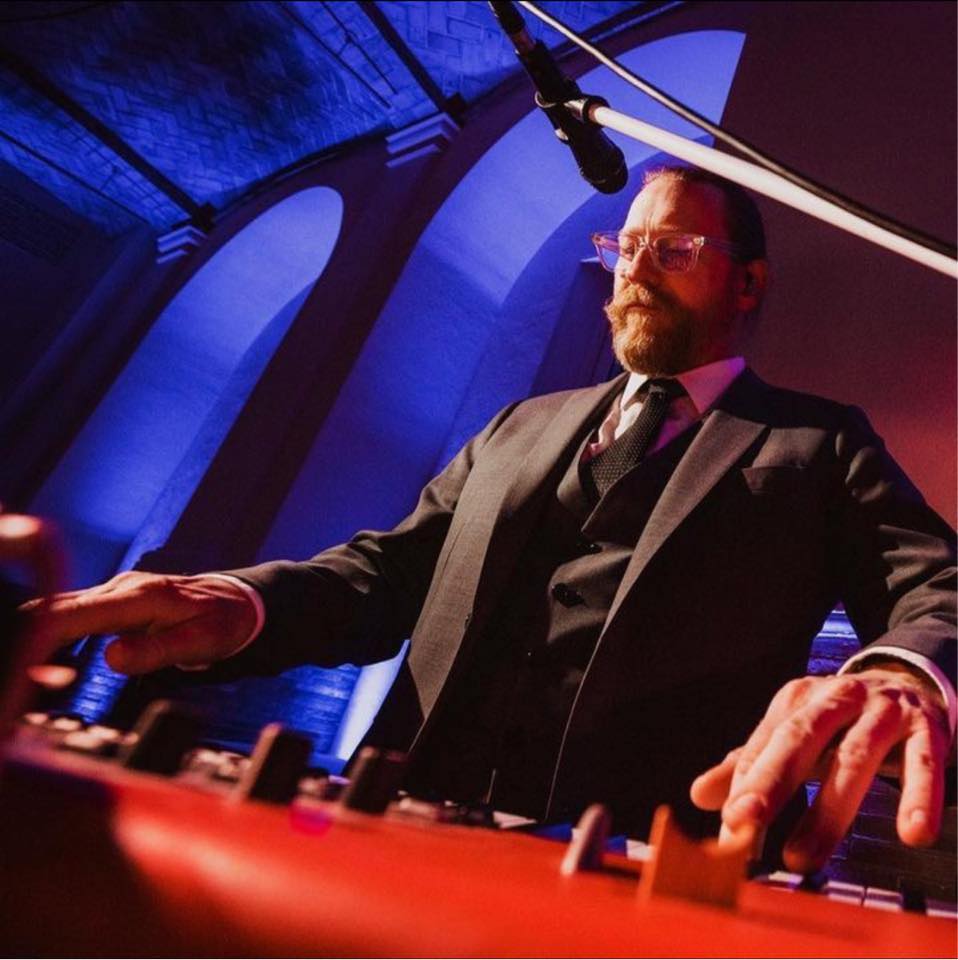
Overview of AI Music Generation
Artificial intelligence (AI) has made significant strides in recent years, transforming industries like healthcare, finance, and entertainment.
One such development is AI-generated music, which harnesses the power of deep learning and neural networks to create melodies and harmonies that resonate with human emotions.
Enter Google's MusicLM, an AI model that has set a new benchmark for the field.
Google's MusicLM: A Leap Forward in AI Music Composition
Understanding MusicLM's Architecture
Google's MusicLM is a cutting-edge AI model designed for music generation.
Built on the Transformer architecture, it features an attention mechanism and multiple self-attention layers, allowing it to learn complex patterns and relationships between musical elements. In addition, the model is trained on a vast dataset of MIDI files, enabling it to understand and recreate the nuances of different musical genres and styles.
Fine-Tuning and Style Control
One key advantage of MusicLM is its ability to be fine-tuned for specific genres and styles.
Users can guide the model's output by conditioning it on a particular style or genre, ensuring the generated music aligns with their preferences. Furthermore, MusicLM allows for real-time interaction, giving composers the flexibility to edit and modify the generated music as they see fit.
The Role of Dataset Curation and Preprocessing
The success of MusicLM relies heavily on the quality of its training data.
The dataset is carefully curated and preprocessed to ensure the model captures the richness of various musical styles. This includes the removal of duplicate or low-quality MIDI files and the organization of data into genre-specific categories.
By streamlining the training process, MusicLM can generate high-quality music that reflects the desired style and genre.
Comparison with Previous AI Models
Improvements Over OpenAI's MuseNet and Jukebox
While OpenAI's MuseNet and Jukebox were groundbreaking in their own right, MusicLM surpasses them in terms of coherence, musicality, and overall quality. In addition, its advanced attention mechanism allows the model to learn long-range dependencies and capture the subtleties of musical compositions, resulting in more human-like output.
Distinct Advantages Over Magenta and MelodyRNN
Google's Magenta and MelodyRNN models laid the groundwork for AI music generation, but MusicLM elevates the field with its innovative architecture and fine-tuning capabilities. In addition, its ability to generate music with greater coherence and style consistency makes it a superior choice for composers and musicians seeking AI-generated music.
Applications and Future Implications
Film Scoring and Video Game Soundtracks
MusicLM has the potential to revolutionize the creation of film scores and video game soundtracks. With its ability to generate music that adapts to specific scenes or gameplay, MusicLM could help reduce the time and resources required for composing original music while maintaining high-quality output.
Music Therapy and Mental Health
The power of MusicLM could be harnessed for music therapy and mental health applications. By generating tailored music that elicits specific emotions or relaxation responses, MusicLM may provide a new avenue for therapeutic intervention and mental well-being.
Collaborative Music Creation
MusicLM offers a unique opportunity for human-AI collaboration in music creation. By augmenting the creative process with AI-generated suggestions, composers and musicians can explore new ideas, styles, and genres, ultimately pushing the boundaries of musical expression.
Conclusion
Google's MusicLM represents a significant leap forward in AI music generation. Its advanced architecture, fine-tuning capabilities, and style control offer a level of musical coherence and quality that surpasses previous models. Moreover, its applications span various industries, from film scoring and video game soundtracks to music therapy and collaborative music creation.
As AI technology advances, MusicLM sets the stage for new possibilities in the realm of music composition and showcases the immense potential of AI-generated music to impact our lives in meaningful ways.

